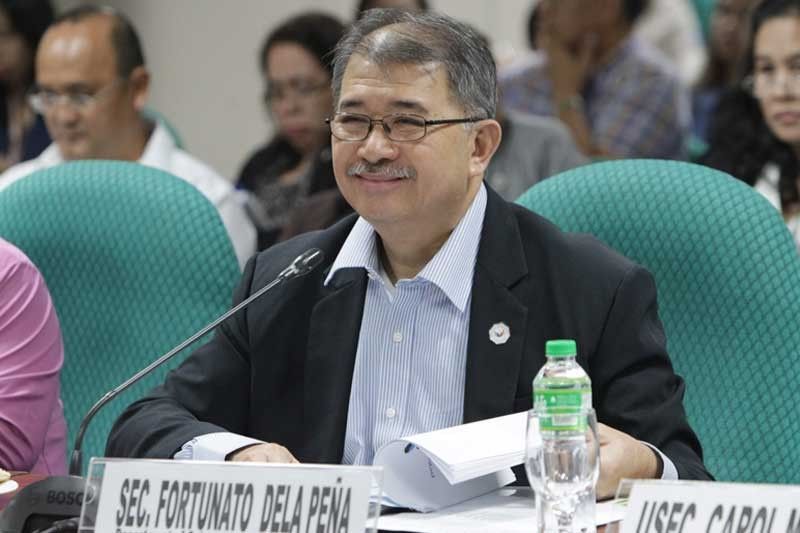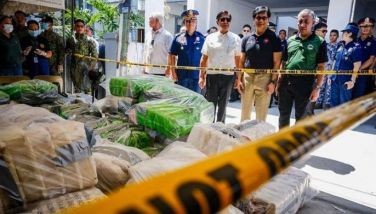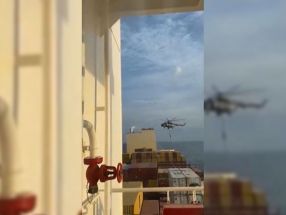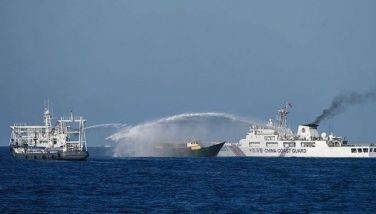DOST funding satellite project

MANILA, Philippines — The Department of Science and Technology (DOST) will fund a five-year project to monitor the country’s territorial waters and identify ships coming into the Philippines’ sea lanes.
Science Secretary Fortunato dela Peña said his department was cooperating with other agencies like the Department of National Defense for the P730-million satellite technology project.
Dela Peña said the project showcases the many uses of space related technologies, where the DOST has invested for human resource development and satellite building capabilities through the Philippine Microsatellite Program.
The “synthetic aperture radar with automatic ship identification system (AIS) for maritime surveillance and other applications” will contract with a satellite AIS company to provide the services.
Joel Joseph Marciano Jr., DOST Advanced Science and Technology Institute director, said the country’s two microsatellites, Diwata-1 and Diwata-2, and cubesat Maya-1, are not satellite-AIS capable so the DOST has to seek the services of a satellite AIS provider.
The United Kingdom-based Surrey Space Technology Ltd. has won the bid.
“The contract is being finalized,” Marciano told The STAR.
Marciano noted that the DOST was leading the project as a member of the National Coast Watch Council, being the project’s technical arm and chief implementor.
Marciano added that the project will not be limited to watching certain coasts, as it will conduct surveillance on ships inside all the country’s maritime boundaries and ports.
“This will not be just for national security but also for commercial shipping,” Marciano said.
Meanwhile, the DOST supports Senate Bill 1983 or the Philippine Space Act (PhilSA), setting up the country’s space agency. The bill is on second reading.
Philippine Council for Industry, Energy and Emerging Technology Research and Development executive director Enrico Paringit expressed optimism over the passage of the bill.
The PhilSA aims to improve the country’s national security maintenance, hazard management and climate and space research.
PhilSA should also enhance external relations as well as boost growth and employment in telecommunications, navigation and manufacturing.
As this developed, international maritime law expert Jay Batungbacal said the Philippines should conduct marine science research (MSR) over its territorial waters to assert its sovereignty and ownership over maritime assets.
Batungbacal, director of the University of the Philippines-Institute for Maritime Affairs and Law of the Sea, said MSR activities would be a way for the Philippines to learn the riches still hidden in its seas and at the same time assert ownership over these waters.
“We should really pursue all the opportunities for marine science research and technology transfer,” Batungbacal told The STAR in an interview on the sidelines of the 2nd Philippine Blue Economy Science Policy and Information Forum 2019 at Luxent Hotel in Quezon City yesterday.
- Latest
- Trending






























